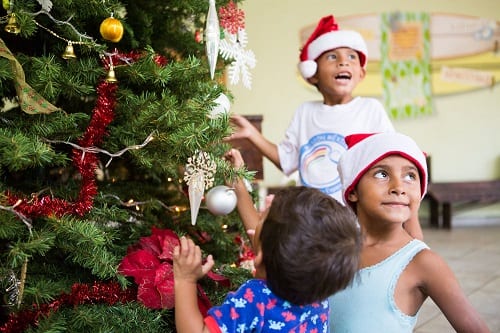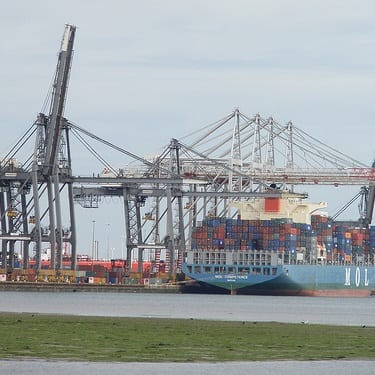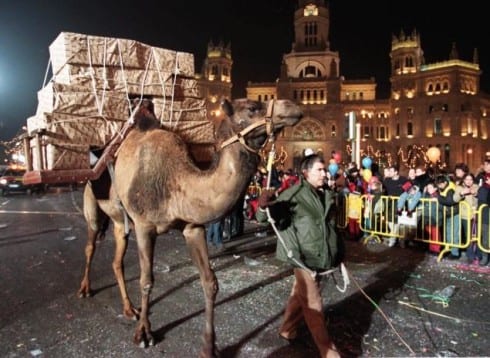By Liam Kirkaldy
WHAT happens when you cross a Mexican with a surfboard?
It may sound like the start of a bad joke – but for one children’s refuge, the answer is a matter of life and death.
When Pam and Alan Skuse went to Mexico to volunteer at a childrens home, they never thought they would still be there 13 years later.
But when the home ran out of funding after six months, the remaining seven children faced life on the streets.
So the Skuses made the life-changing decision to look after all of them full time, opening a home for abandoned and abused children with the motto ‘love, life and hope’.
And it has not stopped there.
Since 2001 the home has grown and grown – over the last decade Mision Mexico has transformed the lives of more than 250 children, giving them a second chance at life.
But to continue to run their house, the couple desperately need help both financially and through volunteers.
The refuge resembles a family home rather than an institution – the youngsters attend school, something most of them had not experienced before, and also have access to tutors, as many of the children find it hard to learn due to their abuse.
If the story sounds extraordinary, it gets stranger still – because as well as giving the kids a safe place to live, the Skuses also passed on their love of surfing.
It started with an impromptu surf lesson from dad Alan and his biological sons, Rohan and Aaron.
Next the refuge received some old boards as a donation from volunteers.
Then, in 2007, as news of the surfing Mexican children spread, they received a shipment of 17 boards from ‘Global Surf Industries.’
A previously unknown activity in the area, there are now around 50 surfing kids on the beaches of Tapachula.
And it has become a uniquely transforming sporting activity for these children.
Providing a release from the horrors of their past, surfing allows them time to just splash around in the waves and be kids.
Based in the coastal town of Tapachula, Chiapas – right on the Guatemalan border – the refuge offers a sanctuary from the violence and chaos going on all around it.
Since 2006, at least 100,000 people are thought to have been killed in the ‘drug war’ launched by Mexican authorities against the gangs shipping cocaine, weapons and people across Mexico, through both its northern and southern frontiers.
Mexico has become more and more prominent in trafficking cocaine from Colombia to the US, with gangs also moving into human trafficking.
And as the war has continued, more and more civilians have been caught in the crossfire.
Many of the children are victims. Some have lost their parents to the war, others were taken by the gangs themselves.
Their stories are harrowing.
Alex was found wandering the streets at three-years-old, covered in scars and burns and clearly malnourished.
After years in the refuge he has come out of his shell.
He still carries terrible scarring, both on the outside and the inside, but they have become less noticeable, and the boy is more lively and confident.
He is now very mischievous, with a constant smile on his face. He attends school and loves nothing more than being the centre of attention.
And the kids are starting to get plenty attention.
In 2010 pro surfers and film-makers Stefan Hunt and Jonno Durrant travelled to the refuge and made a film, Somewhere near Tapachula, telling the children’s story.
And now the film has hit Spain, as the charity tries to attract more Spanish speakers.
Volunteer Jose María Campos Coll has translated Somewhere near Tapachula into Spanish, in an effort to attract more Spanish volunteers, which are needed for professional roles as psychologists and health workers.
Jennifer, seven-years-old, was born to a drug-using mother and was recently diagnosed with a neurological condition which affects her vision, as well as her ability to learn.
The refuge is trying to find a Spanish-speaking home tutor to give her the chance to complete her education.
Jose, from Valencia, says he couldn’t ignore Mision Mexico after he heard their story.
“The Skuses started from scratch, kept going and rolled with the punches, and you can see in the faces of the children of mission Mexico how their lives have changed completely, “ he said.
“The kids now know that they are capable of anything, that they can get wherever they wish, and that they deserve to be loved on the way there.”
But the refuge does not receive any funding from the state.
The Skuses desperately needs support in the form of volunteers to help its day-to-day running, as well as financial assistance for clothing and food.
So what happens when you cross a Mexican with a surfboard? The answer – an amazing story of love, life and hope.
For more information on Mision Mexico, to make a donation or to order a copy of Somewhere near Tapachula, see www.lovelifehope.com






